Daniel J Siegel – The Neurobiology of “We”: How Relationships, the Mind, and the Brain Interact to Shape Who We Are
The Neurobiology of ‘We’
[ 1CD (MP3) ]
Description
A psychiatric researcher and therapist delivers a poignant lesson on how early attachment experiences impact the neurological structures that shape the quality of our close adult relationships. Referencing both research and his own clinical experience, Siegel describes how four main attachment styles secure, avoidant, anxious, and disorganized are powerful starting points for understanding a host of relationship dilemmas and problems. This, along with fascinating observations about right- and left-brain thinking, makes this work a captivating resource. Siegel’s comfortable delivery is both measured and spontaneous. With the help of an intimate microphone setup that helps the material appeal to the heart as well as the mind, the author’s clear and pleasing voice makes these concepts easy to savor and absorb. T.W. © AudioFile 2008, Portland, MaineYou’ve no doubt heard of the mind-body connection. But Daniel J. Siegel suggests that there’s another piece to the puzzle: the profound influence of those around us. On The Neurobiology of “We” the founder of the emerging field known as interpersonal neurobiology presents a new model of human potential that he calls the mindbody-relationship connection. Building on more than two decades of scientific research, Siegel offers listeners an in-depth exploration of this new map of human consciousness; insights into how interpersonal experiences shape the developing mind and foster emotional well-being; details on the untapped power this connection holds for individual and societal transformation; and more.Amazon info : Listening Length: 8 hours and 9 minutesProgram Type: AudiobookVersion: Original recordingPublisher: Sounds TrueAudible.com Release Date: September 26, 2011Language: EnglishASIN: B005PJVYTWAmazon link : http://www.amazon.com/Neurobiology-We-Relationships-Brain-In…Technical info : GeneralComplete name : The Neurobiology of ‘We’�01.mp3Format : MPEG AudioFile size : 10.3 MiBDuration : 7mn 29sOverall bit rate mode : ConstantOverall bit rate : 192 KbpsAlbum : The Neurobiology of ‘We’Track name : 001.mp3Writing library : LAME3.93AudioFormat : MPEG AudioFormat version : Version 1Format profile : Layer 3Mode : Joint stereoMode extension : MS StereoDuration : 7mn 30sBit rate mode : ConstantBit rate : 192 KbpsChannel(s) : 2 channelsSampling rate : 44.1 KHzCompression mode : LossyStream size : 10.3 MiB (100%)Writing library : LAME3.93
You must be logged in to post a review.

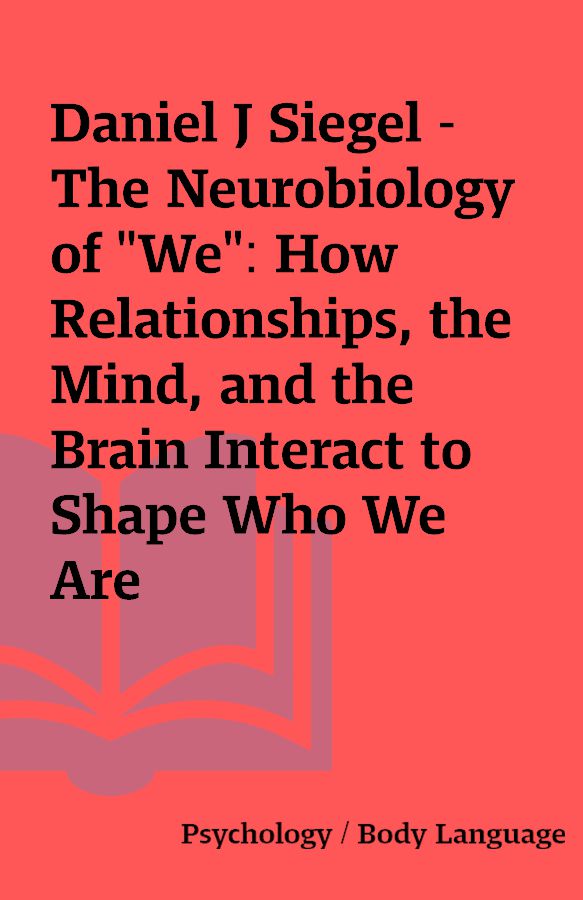
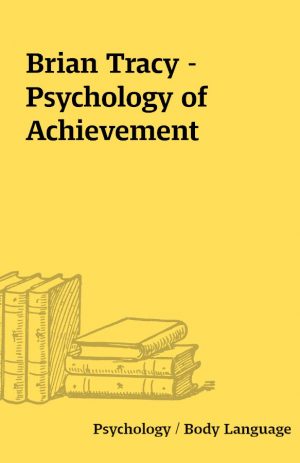
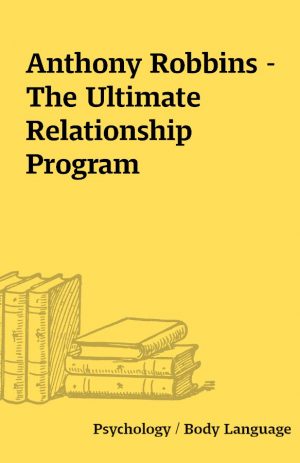
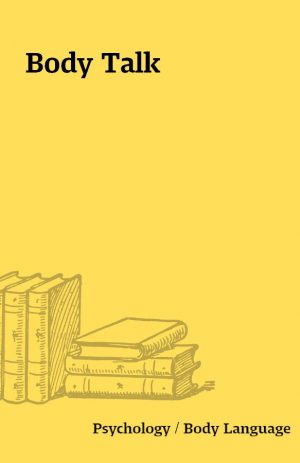
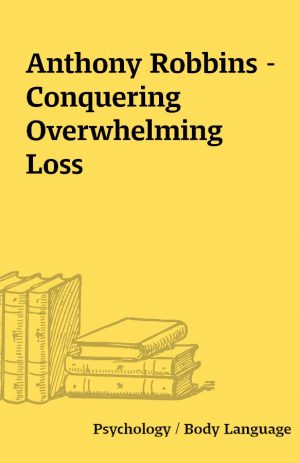
Reviews
There are no reviews yet.